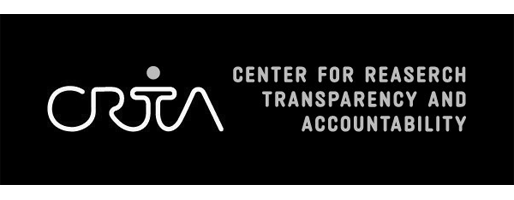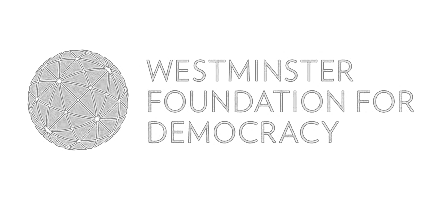Methodology
Openness represents a key condition of democracy since it allows citizens to receive information and knowledge, necessary for an equal participation in political life, effective decision-making and holding institutions accountable for policies which they conduct.
Around the world institutions undertake specific activities with the aim to increasing their transparency and accountability to citizens. The Regional index of openness is established in order to define to which degree citizens of the Western Balkans receive opportune and understandable information from their institutions.
The Regional index of openness measures a degree up to which institutions of Western Balkan countries are open for citizens and society and it is based on the following four principles: 1) transparency, 2) accessibility, 3) integrity and 4) effectiveness.
The principle of transparency includes that organizational information, budget and procedure of public procurements are publicly available and published. Accessibility is related to ensuring and respecting procedures for a free access to information, improving availability of information through a mechanism of a public debate and strengthening interaction with citizens. Integrity comprises of a mechanism for prevention of corruption, conducting code of ethics and regulations of lobbying. The last principle, effectiveness, refers to monitoring and evaluation of policies conducted by institutions.
Following international standards, recommendations as well as examples of good practice, these principles are further developed through special quantitative and qualitative indicators, which are evaluated on the basis of: accessibility of information on the official websites of institutions, quality of a legal framework for individual issues, other sources of public informing and questionnaires delivered to institutions.








